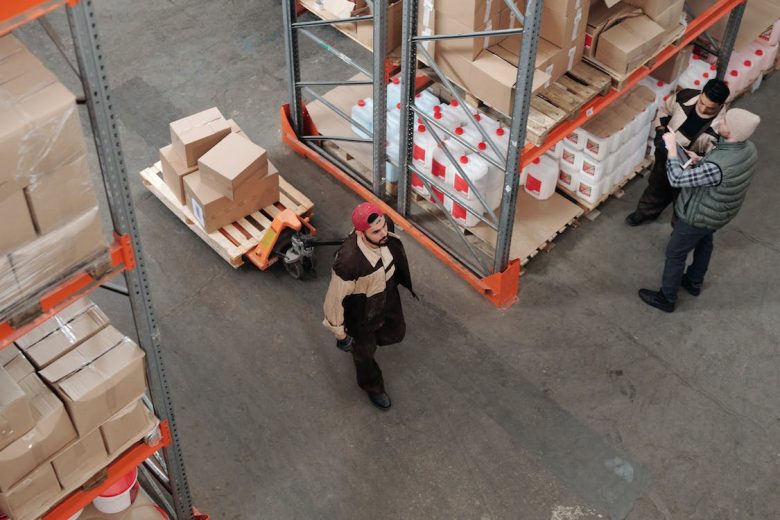To get the most money out of your distribution routes, you need a reverse logistics system that works. Retail reverse logistics have increased to as much as 40 percent of revenues as online shopping has grown.
Have you considered hiring a third party to handle product returns from consumers if they are draining your company’s resources? Or, have you ever been let down by a service provider?
Asking the appropriate questions will help you select the finest reverse logistics supplier for your company’s needs. Consider these ten questions as a starting point for refining your chosen process.
Have You Ever Worked With Companies Like This Before?
Your company will benefit from dealing with a reverse logistics specialist who has dealt with clients that sell comparable goods and make orders in a similar manner. They’ll have the best systems in place to manage your stock levels effectively. They will be prepared for difficulties and know how to address them.
See whether the service is recommended by asking for case studies or testimonials from current or former clients.
Will There Be Limits Placed On Certain Products?
Products like hazardous materials and perishables might be problematic for certain service providers. Or maybe they can only deal with them in certain areas. Before investing time in a relationship, be sure they can handle your company’s stock.
How Vast Is Your Network of Warehouses?
Reverse logistics providers with distribution centers near your clientele will handle returns more quickly. Improved service and brand loyalty are the results. Even more so, if you’re shipping internationally, you’ll need to hire a service that specializes in returns management to handle your returns for you.
Can You Integrate Systems?
The software your reverse logistics partner uses should be compatible with your SCM platform. If your business serves more than one market or wants to grow, this is a must.
Determine whether or not predictive data analytics are offered by the service supplier. Best-in-class solutions provide quick updates on stock levels and alert notifications through the cloud. You’ll be able to maintain more orderly stock levels, generate more reliable projections, and keep your consumers fully apprised of your current inventory levels using this.
How Scalable Is Your Current Setup?
It’s important to choose a reverse logistics supplier that can increase the amount of space and manpower it dedicates to your company if it’s expanding rapidly. You shouldn’t be charged for capacity you don’t use, thus it should also be able to scale down in response to seasonal demand. It is important to have a flexible warehouse management system for this reason.
What Kind of Protection Do You Offer?
In the event of unforeseen delays, even the most reliable reverse logistics service may be impacted. On rare occasions, the stock may be lost, stolen, or damaged in transit. In such a scenario, you should feel confident that the service provider would shoulder all blame and will follow through with a refund or reimbursement from any applicable insurance policies. In the event that you need to file a claim or raise a disagreement, you should be able to easily do so via a clear and straightforward procedure.
How Do You Determine Your Prices?
Lastly, inquire about the provider’s price structure before signing any agreements. Is there a discount structure in place for increasing the number of services purchased? Is there any additional, perhaps unpleasant cost?
In recent years, reverse logistics has emerged as an integral aspect of a functional supply chain. Customers who have become used to hassle-free returns are more inclined to go elsewhere if they aren’t offered them. The whole or a portion of your reverse logistics procedure might be outsourced, and you can even use automated solutions. Make sure you’re making sound strategic decisions for your company by asking yourself the following questions.



